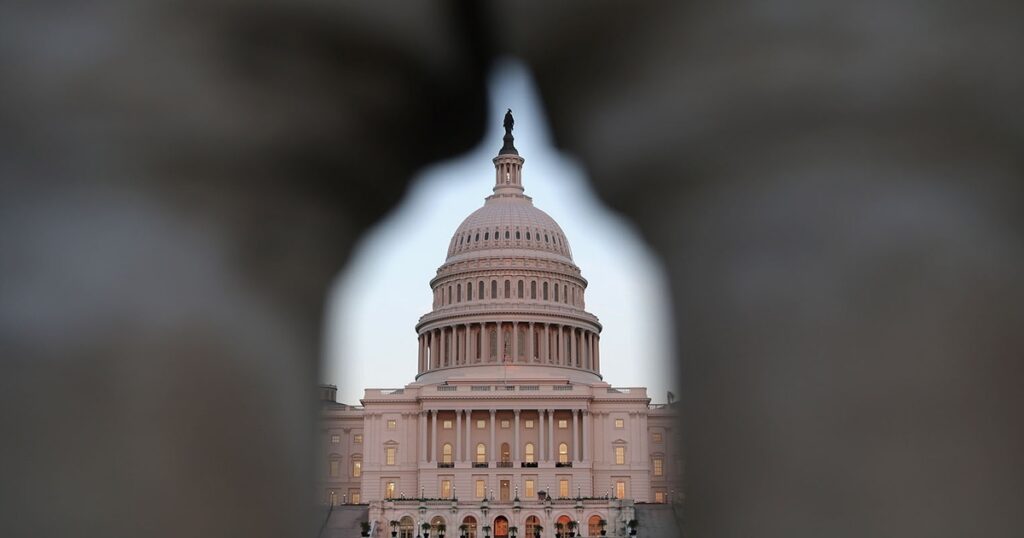The Loss of life Tax Repeal Act of 2025 represents the newest Republican-led effort to eradicate federal property and generation-skipping switch taxes, reigniting a decades-long debate over wealth taxation.
Lately, a bunch of main belief and property practitioners convened to debate the proposed repeal of the federal property and GST tax. A panel consisting of a number of trade thought leaders delved into a number of essential property planning implications that might come up from such a legislative change and had some recommendations for practitioners.
Proposals
On Feb. 13, 2025, the Act was launched in each chambers of Congress, with U.S. Rep. Randy Feenstra (R-Iowa) main the Home invoice (H.R. 1301), which has 175 authentic bipartisan co-sponsors, and U.S. Sen. John Thune (R-S.D.) introducing the Senate companion invoice (S. 587), supported by 45 authentic Republican co-sponsors. Each search to completely repeal the federal property tax and GST tax, cut back the highest reward tax price from 40% to 35%, retain the lifetime exemption quantity ($10 million, listed for inflation, presently $13.99 million per taxpayer), retain the step-up in foundation for inherited property and supply for a transitional 10-year interval for Certified Home Trusts. Notably, the Senate model features a provision beneath Inner Income Code Part 2511(c) that may deal with transfers to incomplete reward non-grantor trusts as taxable presents—a big distinction from the Home invoice.
Obstacles to Enactment
Whereas the Home, with its slim 218-213 majority, may move H.R. 1301 by party-line vote, the Senate faces the next hurdle, that means the most probably situation for enactment would require the GOP to make use of finances reconciliation to bypass the 60-vote filibuster threshold.
Reconciliation is sophisticated by the Byrd Rule, which prohibits non-budgetary provisions and mandates deficit neutrality past the 10-year finances window. A key dispute facilities on baseline assumptions, making a $4.6 trillion scoring hole and complicating negotiations. With competing priorities (for instance, eliminating tax on ideas and time beyond regulation pay, deficit issues), repeal faces unsure odds, and lots of lawmakers could choose extending the Tax Cuts and Jobs Act’s doubled exemption fairly than pursuing full repeal.
Panel Dialogue
Listed below are the panel’s ideas and recommendations:
If the federal property tax had been to be repealed, the panorama of property planning that has existed because the enactment of the federal property tax may have modified and a brand new paradigm of planning will have to be established. Evaluate your planning buildings now, earlier than any repeal.
